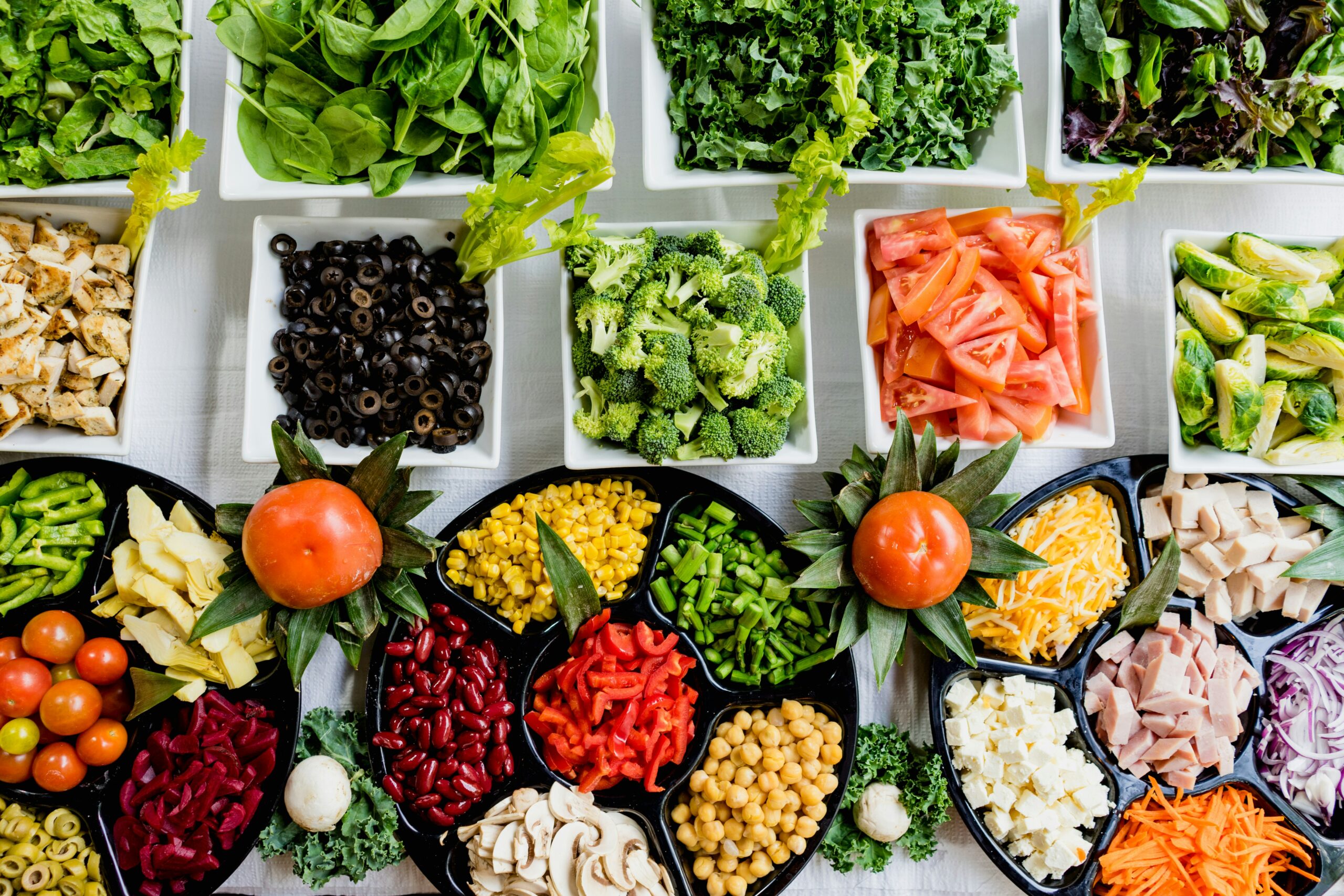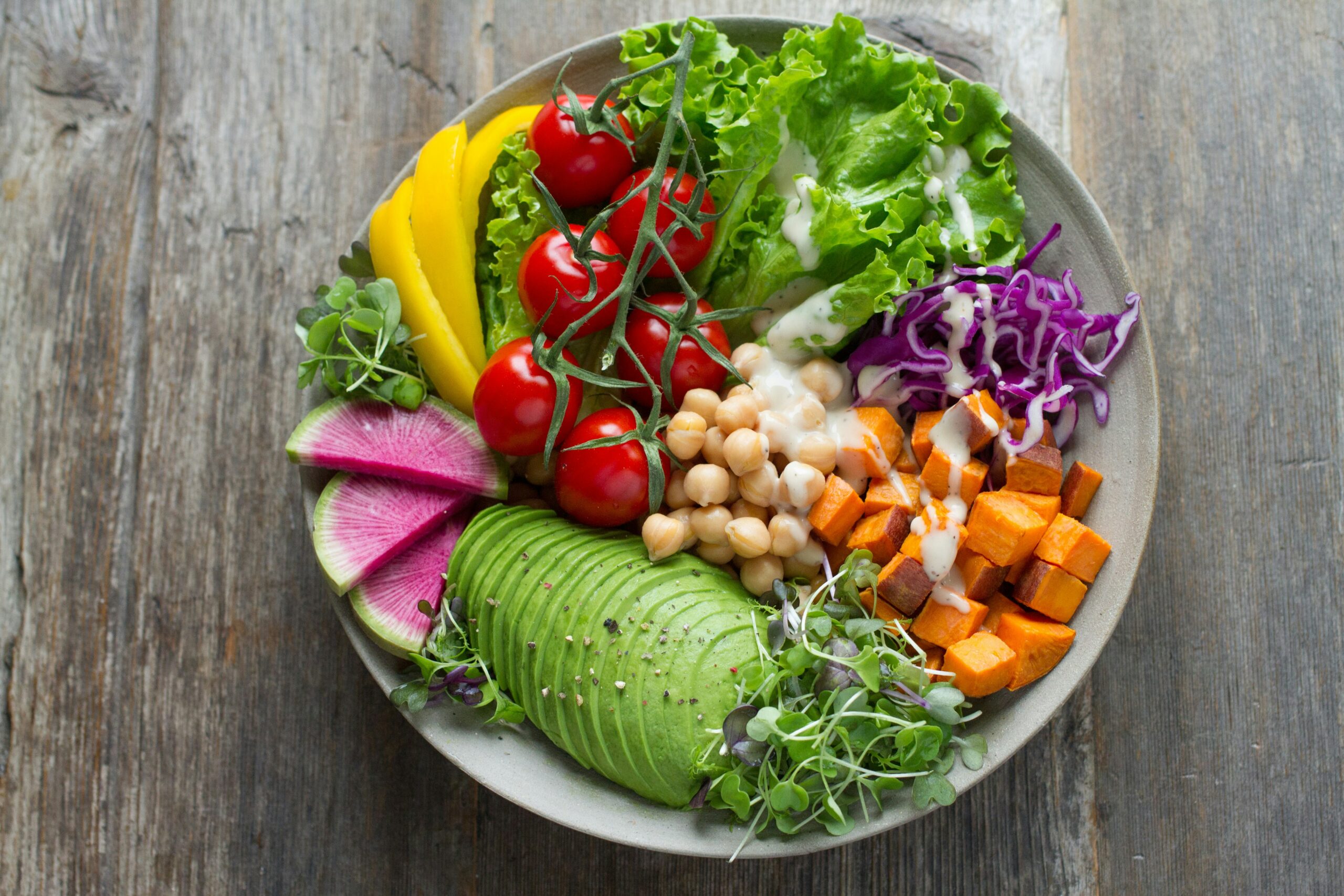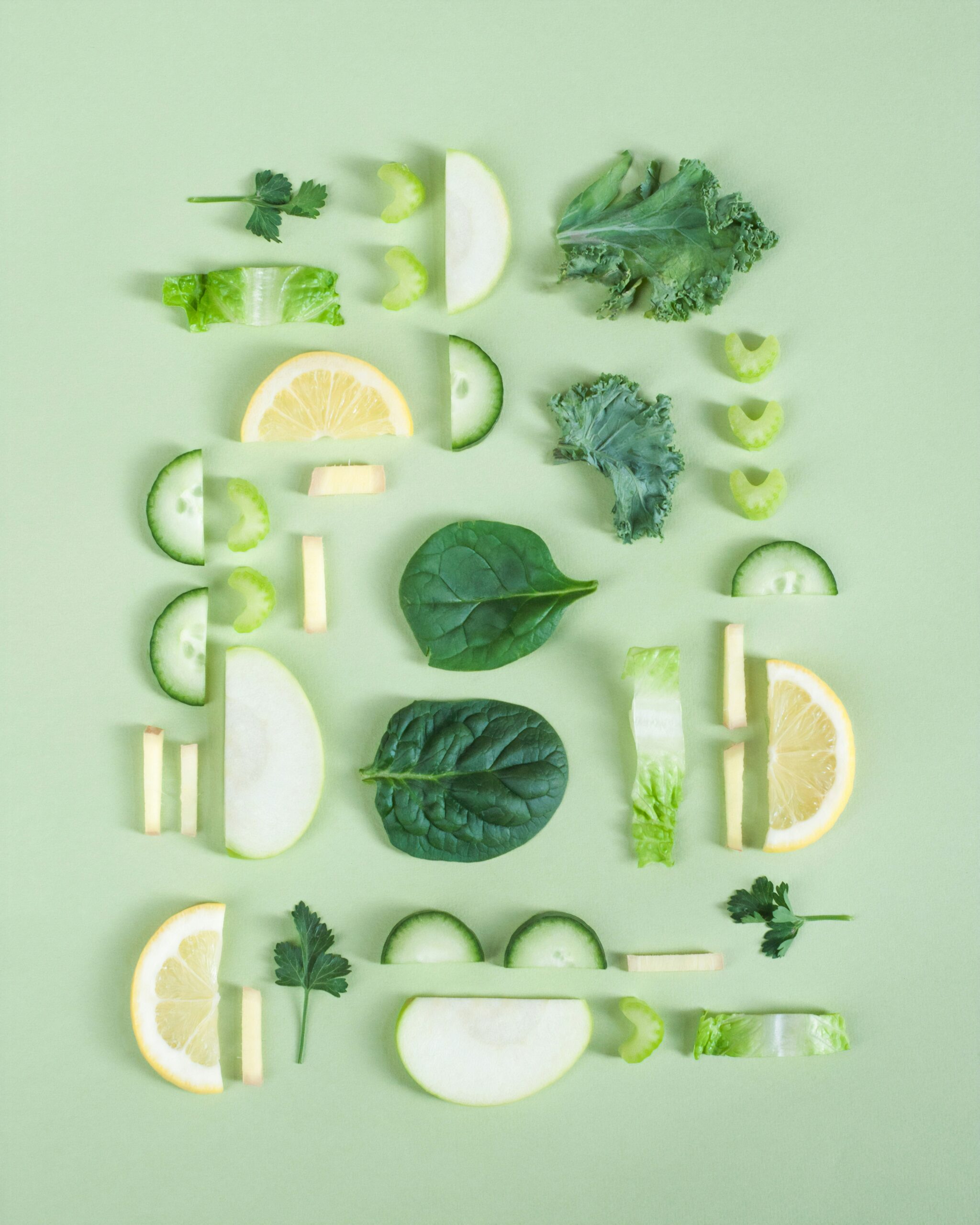If you’re intrigued by the notion of clean eating on a keto diet, understanding the foods that fall under this category is key. Whether you’re a seasoned keto enthusiast or just starting out, discovering the clean keto options can help you achieve your wellness goals and maintain a healthy lifestyle. In this article, we will explore the world of clean keto foods and shed light on the delicious and nutritious choices you can incorporate into your diet. From wholesome fruits and vegetables to quality sources of protein, get ready to embark on a clean keto journey that will leave you feeling energized and satisfied.

Understanding the Concept of Clean Keto
Defining clean keto
Clean keto is a modified version of the popular ketogenic diet that focuses not only on achieving ketosis but also on consuming high-quality, nutrient-dense foods. It emphasizes the consumption of whole, unprocessed foods that are free from additives, artificial sweeteners, and unhealthy fats. The clean keto approach places a strong emphasis on the source and quality of the ingredients used, promoting a healthier and more sustainable way of following the ketogenic diet.
Differentiating clean keto from dirty and lazy keto
It’s important to understand the differences between clean keto, dirty keto, and lazy keto. While all three variations are based on a low-carb, high-fat approach, they differ in terms of the quality and type of foods consumed. Dirty keto focuses solely on meeting the macronutrient requirements of the diet, often relying on processed and convenience foods that may not be the healthiest choices. Lazy keto, on the other hand, is less concerned with tracking specific macronutrients, focusing primarily on carbohydrate restriction. Clean keto, however, emphasizes the importance of consuming whole, unprocessed foods that provide essential nutrients while still following the principles of a ketogenic diet.
Importance of Clean Keto Foods
Health benefits of clean keto
Following a clean keto diet can offer numerous health benefits. By eliminating processed foods and focusing on nutrient-dense options, individuals can support their overall well-being. Clean keto foods are typically rich in vitamins, minerals, and antioxidants that promote optimal health. The reduction in processed sugars and carbohydrates can also lead to improved blood sugar control, reduced inflammation, and better heart health.
How clean keto can support weight loss
Weight loss is one of the key goals for many individuals following a ketogenic diet. Clean keto can support weight loss by prioritizing whole foods that are low in carbohydrates and high in healthy fats and proteins. By reducing the intake of processed and high-sugar foods, clean keto helps regulate appetite and promotes sustainable weight loss. Additionally, the focus on high-quality proteins helps maintain lean muscle mass, which is essential for a healthy metabolism and long-term weight management.
Understanding the role of clean keto in sustained energy
Clean keto provides sustained energy by minimizing blood sugar fluctuations commonly associated with high-carbohydrate diets. With clean keto, the body utilizes fats as its primary fuel source, resulting in a steady supply of energy throughout the day. Clean keto also encourages the consumption of nutrient-dense foods that provide essential vitamins and minerals to support energy production and overall vitality.
Guide to Clean Keto-Approved Proteins
Benefits of organic, grass-fed meats
When it comes to protein sources on a clean keto diet, organic, grass-fed meats are highly recommended. These meats are not only free from antibiotics and hormones but are also more nutritious. Grass-fed meats have higher omega-3 fatty acid content, which is beneficial for heart health and anti-inflammatory properties. Additionally, grass-fed meats help support ethical and sustainable farming practices, contributing to a healthier planet and animal welfare.
List of preferred seafood for clean keto
Seafood is an excellent source of clean keto-approved proteins. High-quality seafood options include fatty fish like salmon, mackerel, and sardines, which are rich in omega-3 fatty acids. Other seafood options such as shrimp, scallops, and oysters are also great choices as they are low in carbohydrates and provide a variety of essential nutrients. When choosing seafood, opt for wild-caught options whenever possible to ensure the highest quality and avoid potential contaminants.
The importance of choosing sustainable, clean proteins
When following a clean keto diet, it’s crucial to prioritize sustainable and clean sources of proteins. This means choosing proteins that are responsibly sourced, both in terms of environmental impact and the wellbeing of animals. Look for labels such as organic, grass-fed, and sustainably sourced to ensure you’re making eco-friendly choices. By choosing clean proteins, you not only support your health but also contribute to a more sustainable and ethical food system.
Selecting Clean Keto Friendly Fats and Oils
Role of healthy fats in clean keto
Clean keto places a strong emphasis on consuming healthy fats as they provide a major source of energy. Fats are essential for optimal brain function, hormone regulation, and nutrient absorption. Clean keto-approved fats are typically derived from natural sources and include options such as avocados, coconut oil, nuts, and seeds. By incorporating these healthy fats into your diet, you can enhance satiety, promote efficient fat-burning, and support overall well-being.
Preferred oils for clean keto
When selecting oils for a clean keto diet, certain options are preferred over others due to their nutritional profile. Extra-virgin olive oil, avocado oil, and coconut oil are popular choices as they are rich in healthy fats and offer various health benefits. These oils are minimally processed and retain their natural flavors and nutrients. On the other hand, oils high in unhealthy trans fats or inflammatory omega-6 fatty acids, such as vegetable and soybean oils, should be avoided.
Understanding the impact of transfats and other unhealthy fats
Trans fats and other unhealthy fats have been linked to numerous health issues, including heart disease, inflammation, and insulin resistance. In a clean keto diet, it’s important to avoid sources of trans fats such as partially hydrogenated oils, fried foods, and certain processed snacks. Additionally, minimizing the consumption of other unhealthy fats like refined vegetable oils can help promote optimal health and ensure the success of the clean keto lifestyle.

Incorporating Clean Keto Approved Fruits
Identifying low-sugar fruits appropriate for clean keto
While fruits contain natural sugars, some varieties are lower in carbohydrates and can be incorporated into a clean keto diet in moderation. Berries, including strawberries, blueberries, and raspberries, are excellent options as they are relatively low in sugar and high in fiber and antioxidants. Other low-sugar fruits suitable for clean keto include avocados, lemons, and limes. By enjoying these fruits in moderation, you can satisfy your sweet cravings while staying within the limits of a clean keto diet.
Benefits of including these fruits in your clean keto diet
Incorporating low-sugar fruits into a clean keto diet provides various benefits. Berries, for example, are packed with antioxidants that support overall health and protect against inflammation. Avocados, in addition to being low in sugar, are a great source of healthy fats and fiber. These fruits not only enhance the taste and variety of your meals but also provide essential nutrients and contribute to your overall well-being on a clean keto diet.
Understanding Clean Keto-Friendly Vegetables
List of low-carb vegetables ideal for clean keto diet
Vegetables are an essential component of a clean keto diet, providing vital nutrients while being low in carbohydrates. Leafy greens such as spinach, kale, and arugula are excellent choices as they are packed with vitamins and minerals. Cruciferous vegetables like broccoli, cauliflower, and Brussels sprouts are also suitable for clean keto thanks to their low carbohydrate content. Other low-carb vegetables include zucchini, bell peppers, and cucumber, which can be enjoyed in abundance to ensure an array of nutrients without jeopardizing ketosis.
The nutritional importance of these vegetables
The low-carb vegetables recommended for clean keto diets offer a wide range of important nutrients. Leafy greens, for example, are rich in vitamins A, C, K, and folate. Cruciferous vegetables are high in fiber, providing benefits for digestion and gut health. Additionally, these vegetables are packed with antioxidants and phytochemicals that support overall well-being. By incorporating these clean keto-friendly vegetables into your meals, you can enhance the nutritional profile and diversity of your diet.

Clean Keto Approved Dairy and Alternatives
The role of dairy in a clean keto diet
Dairy products can be included in a clean keto diet, although preferences may vary based on individual needs and dietary restrictions. Dairy can provide a source of high-quality protein and fats, along with essential vitamins and minerals like calcium and vitamin D. However, it’s important to choose full-fat, high-quality dairy products and avoid those with added sugars or artificial additives. Organic, grass-fed dairy options are ideal for clean keto as they provide a healthier fat profile and are free from antibiotics and hormones.
Identifying the kind of dairy products suitable for clean keto
When selecting dairy products for a clean keto diet, opt for full-fat options to ensure a higher concentration of healthy fats. Examples include full-fat Greek yogurt, cheeses, and cottage cheese. These options are lower in carbohydrates and provide essential nutrients without compromising ketosis. It’s crucial to read labels and choose dairy products without added sugars or artificial additives. If lactose-intolerant or following a vegan lifestyle, there are alternative options available, such as plant-based milk alternatives made from almond, coconut, or soy.
Exploring plant-based alternatives for individuals with dietary restrictions
For individuals with dietary restrictions or those who prefer plant-based options, there are numerous alternatives available that can be incorporated into a clean keto diet. Plant-based milk alternatives, such as almond milk, coconut milk, or soy milk, can be used as substitutes for traditional dairy milk. Non-dairy yogurts made from coconut milk or almond milk are also popular choices. Additionally, there are plant-based cheeses and spreads made from nuts or soy that provide a tasty alternative to traditional dairy products.
Clean Keto-Friendly Nuts and Seeds
Benefits of incorporating nuts and seeds in a clean keto diet
Nuts and seeds are highly nutritious and provide an excellent source of healthy fats, protein, and fiber. They offer various health benefits, including improved heart health, reduced inflammation, and better blood sugar control. Nuts and seeds are also rich in vitamins, minerals, and antioxidants, making them an ideal addition to a clean keto diet. However, it’s important to consume them in moderation, as they are calorie-dense and can affect ketosis if consumed in excess.
Identifying the varieties of nuts and seeds ideal for clean keto
Several varieties of nuts and seeds are suitable for a clean keto diet. Almonds, walnuts, and pecans are great choices as they are low in carbohydrates and high in healthy fats. Seeds such as chia seeds, flaxseeds, and hemp seeds are also excellent options due to their omega-3 fatty acid content and high fiber content. Macadamia nuts, pumpkin seeds, and sunflower seeds can be enjoyed in moderation as well. These nuts and seeds can be incorporated into meals, snacks, or used as toppings to enhance the taste and texture of dishes.

Sweeteners on Clean Keto Diet
Understanding the role of natural sweeteners in clean keto
Clean keto encourages the use of natural sweeteners in moderation as an alternative to refined sugars. Natural sweeteners, such as stevia, erythritol, and monk fruit extract, provide sweetness without the adverse effects of added sugars. These sweeteners are low in carbohydrates, have a minimal impact on blood sugar levels, and do not contribute to tooth decay. However, it’s important to consume them mindfully and avoid excessive consumption, as even natural sweeteners can affect the body’s response to insulin.
List of approved sweeteners for clean keto
Approved sweeteners for clean keto include stevia, erythritol, monk fruit extract, and in some cases, small amounts of natural sugars like honey or maple syrup. Stevia is a calorie-free, plant-based sweetener that is significantly sweeter than sugar. Erythritol, another calorie-free sweetener, is a sugar alcohol that provides sweetness without affecting blood sugar levels. Monk fruit extract is derived from a small fruit and contains no calories or carbohydrates. These sweeteners can serve as replacements for traditional sugars in recipes or beverages, allowing for a sweet taste without compromising ketosis.
Pre-packaged Foods and Clean Keto
Decoding food labels for clean keto
When it comes to pre-packaged foods on a clean keto diet, it’s crucial to read and understand food labels. Look for products that are free from added sugars, artificial sweeteners, and unhealthy fats. Pay attention to the ingredient list, ensuring that the product does not contain any hidden additives or fillers. Additionally, be mindful of the carbohydrate and fiber content, as these can impact the net carbohydrate count. By decoding food labels, you can make informed choices, selecting products that align with the principles of clean keto.
Understanding the role of food processing in clean keto
Food processing can have a significant impact on the quality and nutrient content of foods. While it’s generally best to focus on whole, unprocessed foods on a clean keto diet, there are some minimally processed options that can be included. Examples include canned vegetables, frozen berries, or nut butter without additives. However, it’s important to be cautious of heavily processed foods that often contain additives, preservatives, and unhealthy fats. By understanding the role of food processing, you can prioritize the consumption of minimally processed options that align with the principles of clean keto.
In conclusion, understanding the concept of clean keto is crucial for those looking to achieve ketosis while prioritizing quality, nutrient-dense foods. By differentiating clean keto from dirty and lazy keto, individuals can make informed choices that support their overall health and well-being. Incorporating clean keto-approved proteins, fats, fruits, vegetables, dairy alternatives, nuts and seeds, sweeteners, and mindful pre-packaged food choices can ensure a balanced and sustainable clean keto lifestyle. With an emphasis on high-quality, unprocessed ingredients, clean keto can offer numerous health benefits and support long-term weight management and sustained energy levels.


